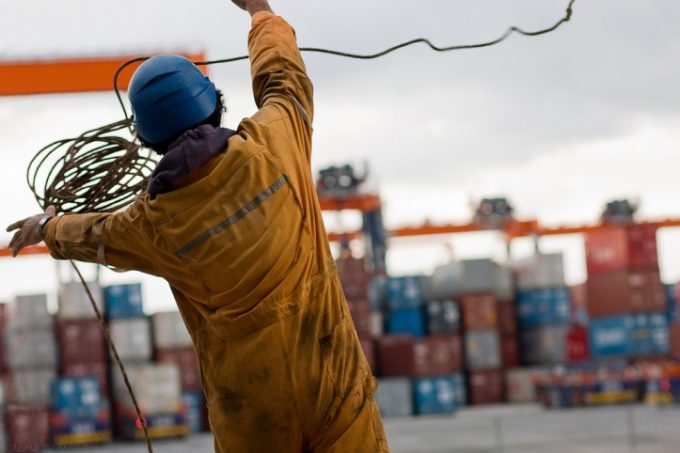Tradelanes: Export boom in Indian sub-continent triggers rise in airfreight rates
Interest in charters and freighters is high from the sub-continent, where demand is “surging” according ...

The catastrophic rise of Covid cases in India has reignited the ships’ crew-change crisis, prompting fears it could become “worse than Suez”.
Last week, the port of Singapore banned vessels changing crew who had been in India within the past 14 days, with similar restrictions at ...


Comment on this article